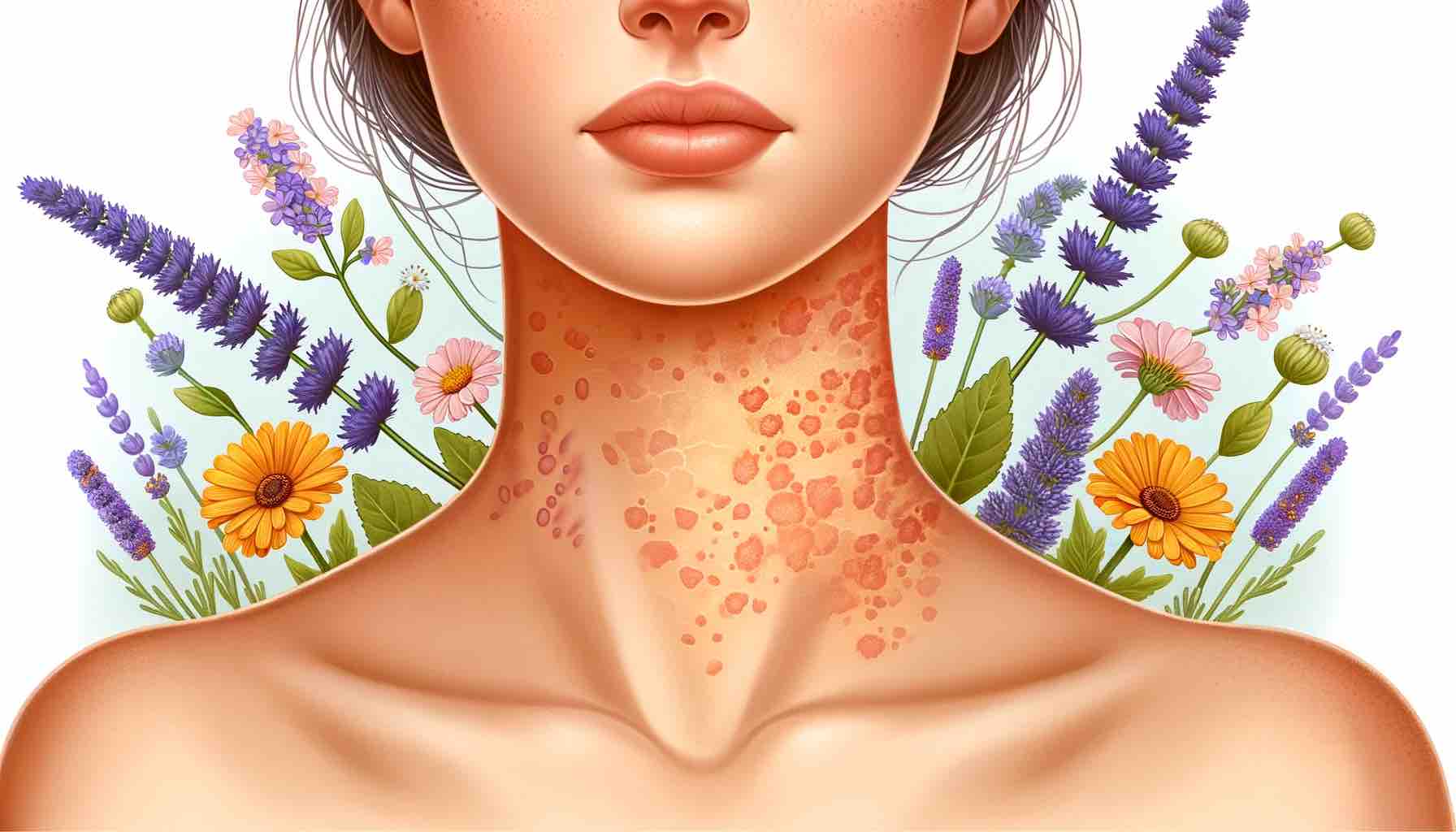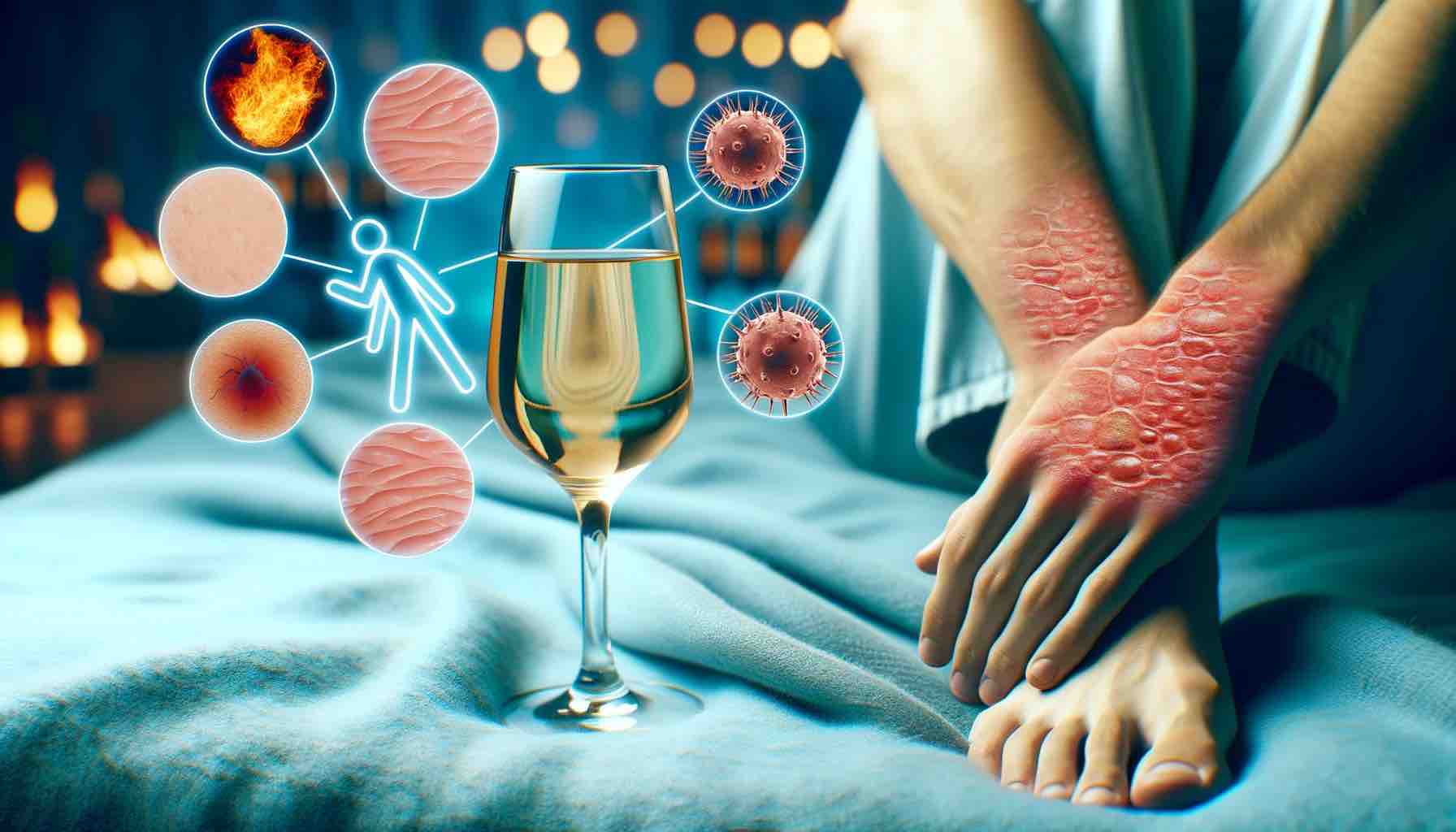
Introduction: Eczema, a term that encompasses a range of persistent skin conditions, can be a source of discomfort and distress. Effective management is key to reducing flare-ups and maintaining skin health. Drawing from expert advice, including a valuable video by a skin care specialist, we delve into strategies that can help you live better with eczema.
Credit: The video, courtesy of [YouTuber’s Name], offers a wealth of knowledge from a dermatological standpoint. Their YouTube channel is a resource for anyone looking to deepen their understanding of skin health.
Expanded Key Takeaways from the Video:
- Understanding the Scratch-Itch Cycle: Scratching provides temporary relief but ultimately worsens the condition. It’s crucial to break this cycle to prevent the skin from becoming leathery and thickened.
- Nail Care: Keeping nails short and smooth can minimize damage from scratching. For those with nighttime itching, consider wearing gloves to bed.
- Laundry Care: Use hypoallergenic, fragrance-free detergents. Avoid fabric softeners, which can leave a residue that may irritate sensitive skin.
- Clothing Choices: Soft, breathable fabrics like cotton are less likely to irritate the skin. Avoid rough textures and tight-fitting clothes that can cause friction. Read more about Eczema and Sweating
- Indoor Humidity: A clean humidifier can introduce moisture into dry indoor air, which is especially beneficial in winter months or dry climates.
- Bathing Habits: Opt for short, lukewarm showers or baths. Hot water can exacerbate dryness. Immediately after bathing, apply a moisturizer to damp skin to lock in moisture.
- Exercise with Care: Exercise-induced sweating can trigger eczema. Wear moisture-wicking fabrics and shower promptly after physical activity.
- Post-Shower Care: A thick, fragrance-free cream or ointment should be applied within minutes after showering to seal in moisture. For product recommendations, our article Soothing the Itch: Guide to Eczema Relief offers excellent options.
In-Depth Product Recommendations:
- Gentle Body Washes: Products like Cetaphil’s Restoraderm and Avene’s XeraCalm are formulated for sensitive skin and can help maintain the skin’s natural barrier.
- Moisturizers for All Climates: Whether you’re in a humid or dry climate, products like La Roche-Posay’s Lipikar Lotion and Bioderma’s Atoderm Intensive Gel Cream cater to different needs and can provide relief.
- Versatile Skin Care: Multi-purpose products such as Aquaphor’s Ointment Body Spray and Aveeno’s Eczema Therapy Itch Relief Balm are beneficial for creating a protective layer over the skin and soothing irritation.
Further Reading and Resources:
- For a deeper understanding of how to soothe eczema, our comprehensive guide 10 Dermatologist-Approved Tips to Soothe Eczema is an excellent starting point.
- To explore the connection between diet and skin health, consider our article Foods to Embrace and Avoid for Eczema Relief.
- If you’re interested in natural remedies, our discussion on Oatmeal Baths: Remedy for Eczema and Dermatitis provides insightful tips.
Conclusion: Eczema management is a multifaceted approach that involves skincare routines, lifestyle adjustments, and sometimes medical interventions. By incorporating these expert tips into your daily routine, you can help control your symptoms and improve your skin’s health. Remember, while these strategies are effective for many, consulting with a dermatologist for personalized advice is always recommended.
FAQs
- What daily habits can help manage eczema effectively?
Incorporating gentle skincare products, moisturizing diligently, and avoiding extreme temperatures can significantly improve daily eczema management. - How does stress influence eczema, and what strategies can mitigate this?
Stress can exacerbate eczema symptoms; however, engaging in stress-reduction activities like yoga, meditation, or any enjoyable hobby can help keep stress-related flare-ups in check. - Can changes in diet impact eczema, and what foods should be considered or avoided?
While diet’s impact on eczema varies per individual, maintaining a balanced diet with anti-inflammatory foods can be beneficial, and it’s advisable to avoid foods that one personally finds to trigger flare-ups. - What are the best types of fabrics to wear for someone with eczema?
Soft, breathable fabrics like cotton are ideal as they are less likely to irritate the skin compared to synthetic materials. - Are there any natural remedies for eczema that can be used alongside medical treatments?
Yes, natural remedies such as aloe vera, coconut oil, and oatmeal baths can complement medical treatments by soothing the skin and reducing inflammation. - How can I tell if a skincare product is suitable for my eczema-prone skin?
Look for products labeled as ‘for sensitive skin,’ ‘hypoallergenic,’ ‘fragrance-free,’ and those that have a seal of approval from dermatological associations. - What should I do if my eczema symptoms suddenly worsen?
If symptoms intensify without clear reason, it’s important to consult a dermatologist to assess whether a change in treatment or lifestyle is required. - How can I protect my skin from eczema flare-ups during cold weather?
Keeping the skin well-moisturized, using a humidifier, and dressing in layers to avoid overheating can protect against flare-ups in cold weather. - What are the signs that my eczema is infected, and what should I do?
Signs of infection include increased redness, warmth, swelling, or pus. If these symptoms are present, seek medical attention promptly. - Can eczema be cured, or is it a condition that requires ongoing management?
Currently, there is no cure for eczema, but with proper treatment and lifestyle adjustments, many individuals can effectively manage their symptoms and lead comfortable lives.
Blog Tags for the Post
eczema management, skincare routine, stress and eczema, eczema-friendly diet, natural eczema remedies, hypoallergenic skincare, eczema symptoms, cold weather skincare, eczema infection, living with eczema













